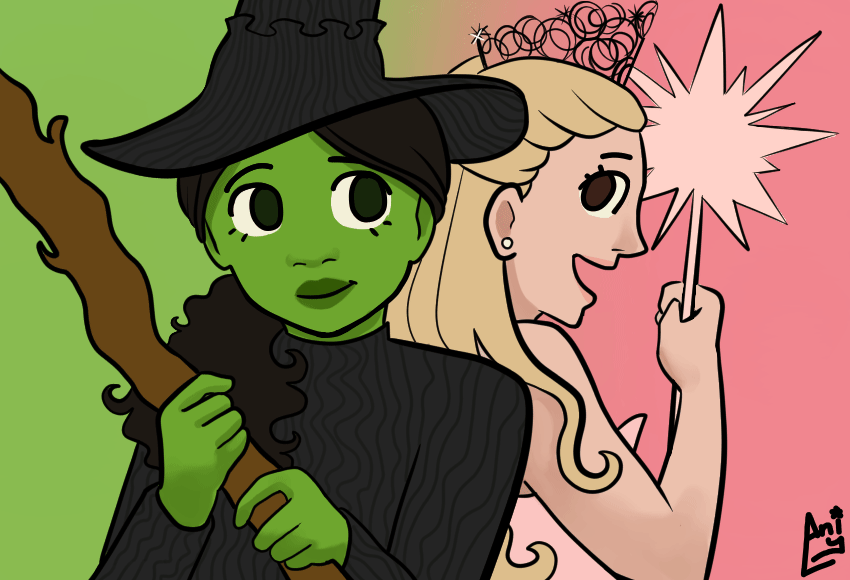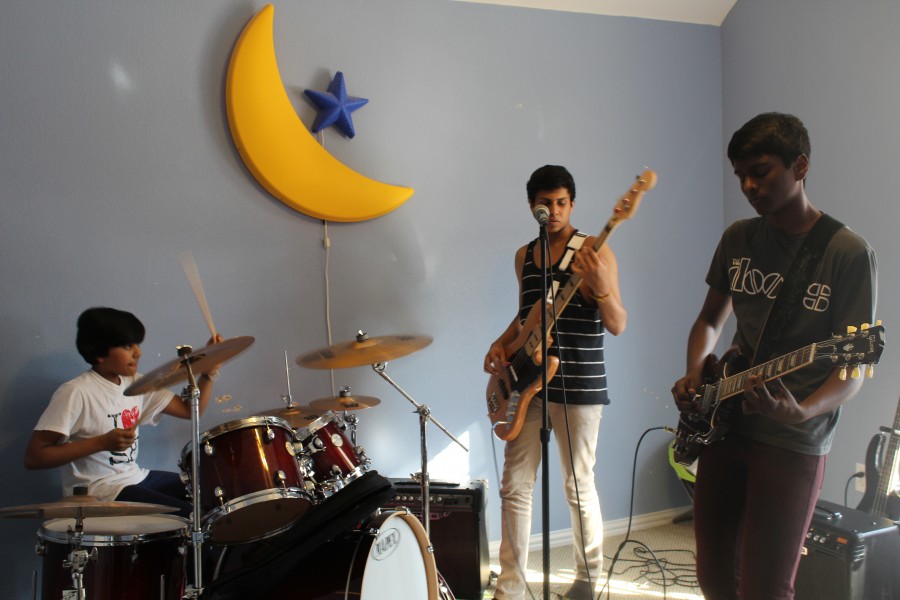By Ben Cowlishaw
Special to The Sidekick
Through its past, nobody has been more creative and innovative with their music and how it’s released than Radiohead, and its new album The King Of Limbs proves to be no exception.
On Friday, Radiohead released its long-awaited record through its own website; no record company promotions, lengthy photo-shoots or constant interviews. This album not only was defined by current social media; it defines social media today.
In 2007, free from the grip of its longtime record company Parlophone, Radiohead altered the way music is released, and the impact was felt throughout the entire music industry. Radiohead released its seventh album In Rainbows as a digital download from its website, but get this: you could pay whatever you wanted for it, or as the band put it, “whatever you thought it was worth”.
Four years later on Valentine’s Day, Radiohead posted on its website “thank you for waiting”, announcing the release of their eighth studio album The King of Limbs on Feb. 19.
Years of unclear messages, interviews and rumors from the band had led to this, an album to be released in five days. Four days later, it was a great surprise when Radiohead released its album a day early, and the word had spread across the web. “Radiohead”, “The King of Limbs”, (frontman) “Thom Yorke” and (song) “Lotus Flower” were all trending topics on Twitter, as people scrambled for information.
Radiohead accomplishes what many other groups have tried and failed, as it contorts rock music to how it wants it to sound. It crosses all normal boundaries, and maintains a huge following of people with very different tastes of music; this isn’t saying Radiohead isn’t easy to listen to, but perhaps the opposite.
In The King of Limbs, Radiohead are nearly unrecognizable as the crowd-pleasing rock band they were in the 1990s. The album is a blend of the experimental Kid A (2000), the extraterrestrial feel of 2001’s Amnesiac, the electronica-rock blend found on Yorke’s 2006 The Eraser, and the perfect follow up to the ambient-yet-striking sound of In Rainbows. Anyone looking for the anthems and ballads of 1997’s OK Computer will need to look elsewhere, as the limited use of guitar is hardly recognizable.
The opening track “Bloom” opens with a brilliantly stunning piano melody, quickly overrun by intense percussion maintained through the song. “Lotus Flower” has a continuing bass track, reminiscent of previous Radiohead tracks such as “The National Anthem” (2000). Unlike other tracks from the album, Yorke’s voice is up front with minimal distortion, a common theme from The Eraser.
“Codex” is for both longtime and new Radiohead fans; since OK Computer, piano based tracks have been fan-favorites, from “Karma Police” (1997), to In Rainbows’ “Videotape” (2007). Yorke’s vocals are begging and desperate, yet powerful and choral. The lyrics are anything but positive, but at the same time feel uplifting and renewing.
“Give up the Ghost” represents the old and new – its acoustic guitar melody brings memories of the beginning in 1993’s Pablo Honey, without forgetting any of the experimental ideas of the album. Yorke’s voice loops “don’t haunt me; don’t hurt me”, making it a delightfully eerie song. The final track “Separator” is very reminiscent of In Rainbows favorites such as “Weird Fishes/Arpeggi”.
At just over 37 minutes, the album by no means disappoints, but leaves the listener wanting more. Radiohead by no means resists playing around with its fans, always leaving everyone guessing as to what comes next. There are Grammys in line for this album, which will go down as yet another solid statement to the music industry and music itself.










